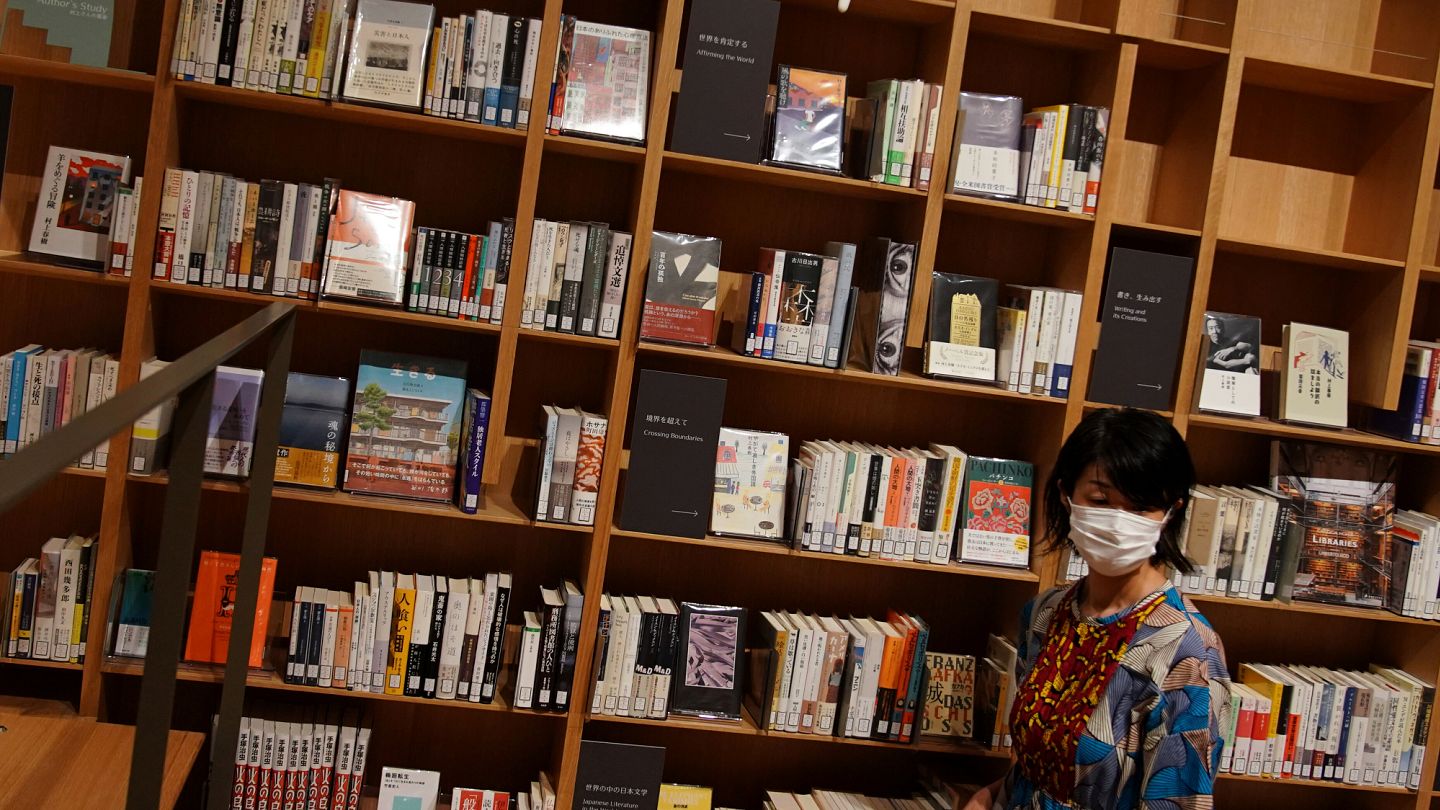Members of Japan's Yakuza crime syndicate arrested for operating office too close to library
During the Yakuza's heyday in the 1960s, the group operated internationally and boasted more than 184,000 members, according to Japan's National Police Agency.
Members of Japan’s second-largest family within its organised crime syndicate have fallen foul of the law — but not in a way most people outside of Japan would expect.Four members of the Sumiyoshi-kai union, part of Japan’s notorious Yakuza, were arrested in Tokyo on suspicion that they "conspired" to operate an office 90 metres from a public library.According to Japanese zoning laws, Yakuza offices must be placed outside a 200-metre radius of schools, libraries and other educational institutions.It might seem unusual that the offices of organised crime syndicates are subject to city planning regulations, but in Japan it's not illegal to operate or be a member of a registered syndicate.However, syndicates that profit from the gang's influence are monitored by the authorities, including prefecture safety commissions and the National Police Agency.There are currently 25 Shitei Boryokudan ("particularly harmful groups") in Japan, but unlike recognised terrorist groups, Shitei Boryokudan are permitted to operate more or less in the open — provided they don't engage in any criminal activity such as, ironically, violence.In a country known for its orderliness and strict adherence to the rules, it may seem odd that criminal groups are tolerated in this way. However, this practice dates back to 1991 and the Boryokudan Countermeasures Law, known in Japan as Botaiho.Before the law was passed, violent infighting among the country's many crime groups tended to spill out into the general public.Furthermore, the growing involvement of crime groups in legitimate businesses such as real estate was also of increasing concern.Botaiho was set up as a way to keep a tighter leash on these groups' activities, partly by turning them into semi-legitimate organisations.Banning Yakuza groups outright wasn't an option as it was seen as a violation of their right to freedom of assembly as enshrined in the constitution, so instead authorities legitimised them so that police could keep tabs on them at all times. Known for their strict hierarchies and honour codes, the Yakuza engage in everything from extortion and money laundering to drug dealing and sex trafficking.The National Police Agency (NPA) even lists the business addresses of some Yakuza organisations on their official website.For example, the Sumiyoshi-kai's main office is located in Tokyo's Akasaka district, not far from the parliament building.During the Yakuza's 1960s heyday, the group operated internationally and boasted more than 184,000 members, according to the NPA.But their numbers have steadily declined over the years after a series of police crackdowns on their activities.Though they are legally still allowed to exist, regulations have made it harder for gangsters to survive after it was made illegal to recruit Yakuza members or share any profits with them.In 2024, the number of members of criminal organisations fell below 20,000 for the first time to a low of around 18,000, according to police data.And in the capital Tokyo, Yakuza offices are also forbidden from operating within 200 metres of schools, child welfare centres, community halls, museums, probation offices and courts.


